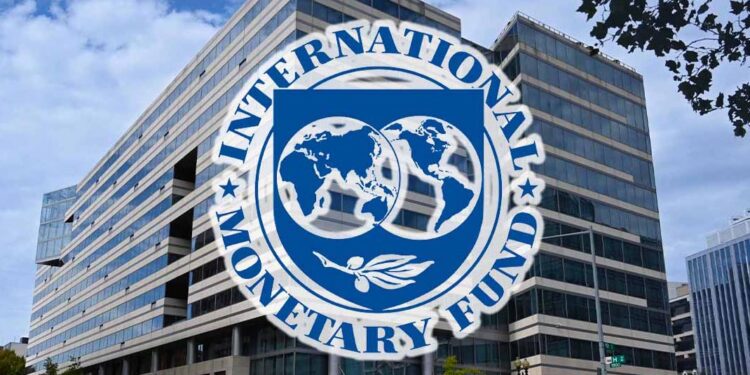IMF Backs Ghana’s Fuel Levy Hike, Describes Move as Prudent for Fiscal Consolidation
The International Monetary Fund (IMF) has endorsed the Government of Ghana’s recent upward adjustment of the Energy Sector Levy on petroleum products, describing the move as “prudent” and vital to addressing the country’s persistent energy sector indebtedness and fiscal imbalances.
Speaking during a press conference in Washington, D.C., on Thursday, June 12, 2025, IMF Director of Communications, Julie Kozack, said the Fund supports the government’s initiative as it is expected to mobilise critical revenue to improve the energy sector’s financial sustainability.
“This new measure will help generate additional resources to tackle challenges in Ghana’s energy sector,” said Ms Kozack. “We also believe that this will help bolster Ghana’s ability to deal with the fiscal challenges.”
Revised Levy Implementation
The IMF’s comments come on the back of the recent passage and presidential assent to the Revised Energy Sector Levy (Amendment) Bill, 2025, by President John Mahama on June 5. Although implementation of the new levy was initially slated for June 6, enforcement was deferred to July 16, 2025, due to concerns raised by the Chamber of Oil Marketing Companies (COMAC) over operational readiness.
Under the revised levy structure, consumers will now pay GH¢1.96 per litre of fuel as the Energy Sector Shortfall and Debt Repayment Levy. Oil marketers have warned that the levy will increase the average price of petrol at the pumps from GH¢11 per litre to around GH¢13 per litre, raising concerns about its inflationary impact.
IMF Board to Review Ghana’s Programme in July
In the same briefing, Ms Kozack disclosed that the IMF Executive Board is scheduled to consider Ghana’s Fourth Review under the US$3 billion Extended Credit Facility (ECF) programme in early July 2025.
Subject to approval, Ghana is expected to receive a disbursement of US$370 million, which will bring the total support received under the programme since May 2023 to US$2.355 billion.
JOYBUSINESS sources within the IMF indicate that once the Board grants approval, the funds will be disbursed immediately to the Bank of Ghana.
The Fund commended the government for recent policy actions aimed at restoring macroeconomic stability, including a tighter monetary policy stance, upward adjustments in electricity tariffs, and reforms in public financial management.
“The new authorities have taken bold measures to address policy and reform slippages and ensure the achievement of programme objectives,” Ms Kozack added.
The IMF’s endorsement is expected to bolster investor confidence as Ghana works towards achieving macroeconomic stability and restoring debt sustainability under its ongoing IMF-supported programme.








